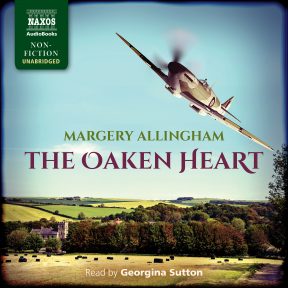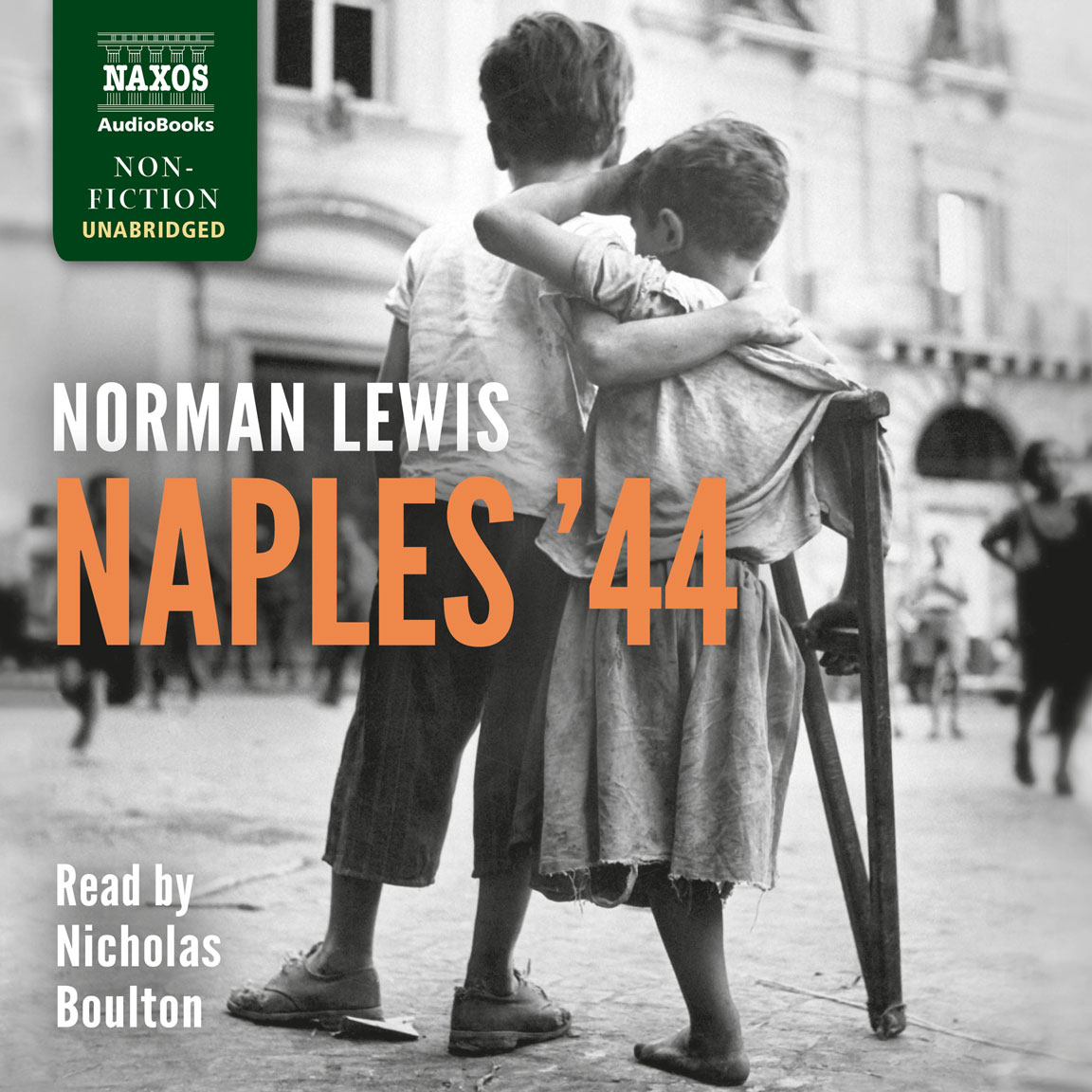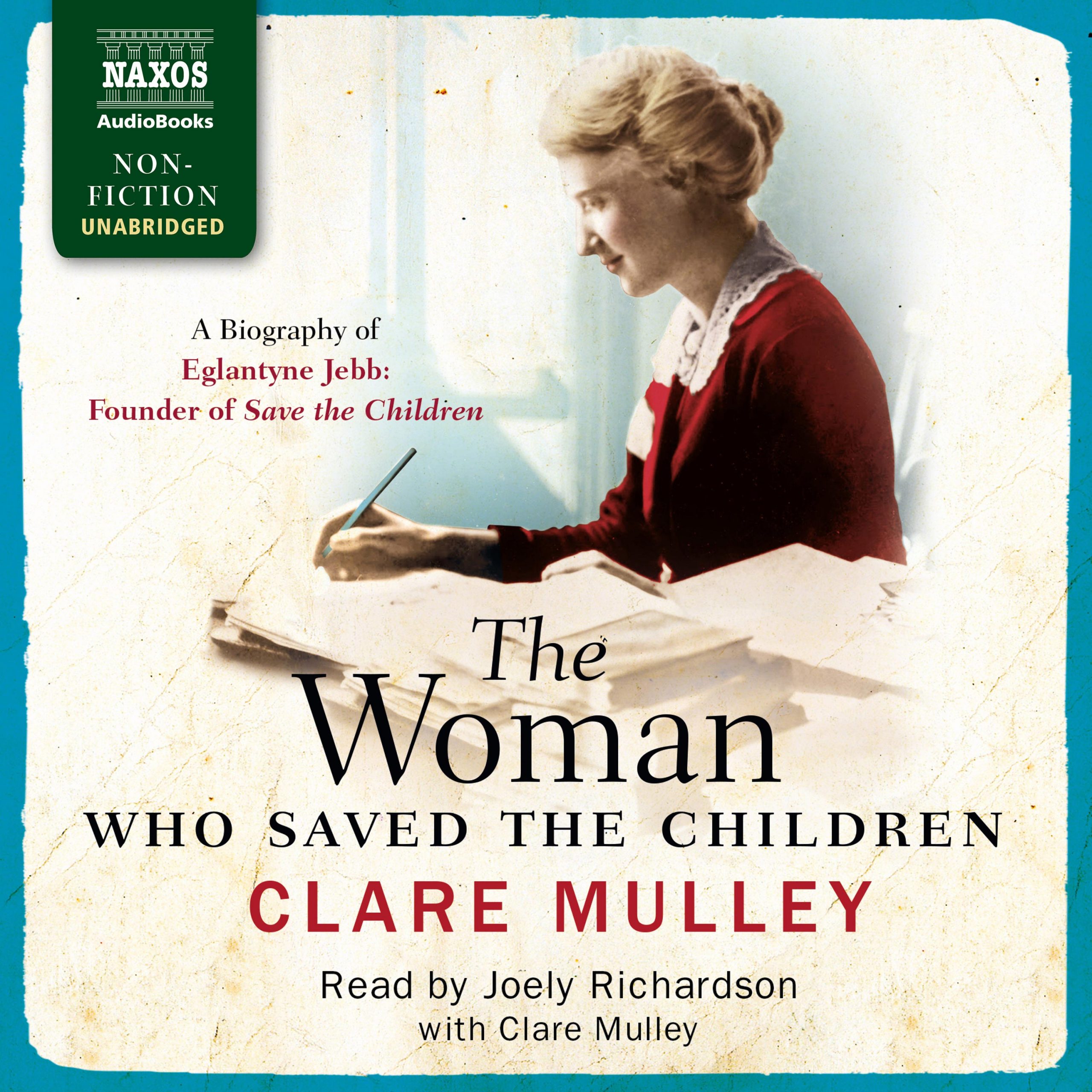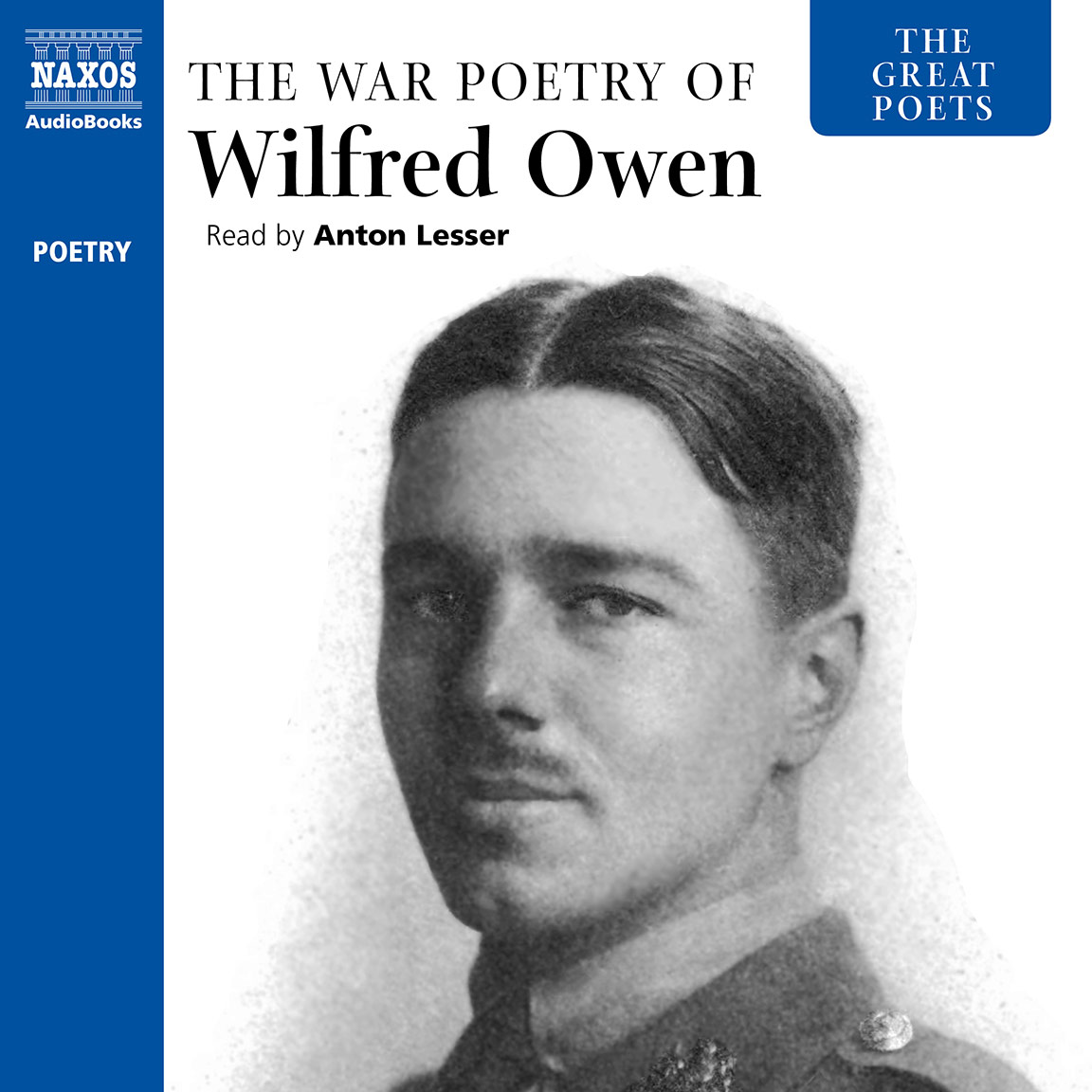
Audio Sample
Margery Allingham
The Oaken Heart
Read by Georgina Sutton
unabridged
Margery Allingham, already a successful crime writer, was living quietly in the Essex village of Tolleshunt D’Arcy (‘Auburn’) when the Second World War broke out. Her house became an Air Raid Wardens’ post and a First Aid centre, and Allingham herself became responsible for 275 East London evacuees in a rural community of just over 600. Commissioned by American publishing friends to recount what life was like, she began The Oaken Heart in the autumn of 1940, when the Battle of Britain gave way to the London Blitz. Bombs fell, even on the Essex countryside, and a German invasion was fully expected. She conceived her work as an honest letter to America. Places were given fictional names but otherwise she told it like it was, whether funny or painful.
Unsentimental yet personal and rich in detail, this is an evocative first-hand account of day-to-day realities in a small community upended and terrified of the future – like so many villages of the time.
-
Running Time: 9 h 25 m
More product details
Digital ISBN: 978-1-78198-407-9 Cat. no.: NA0543 Produced by: Neil Rosser Edited by: Andrew Riches Text: © 1941 Rights Ltd BISAC: BIO006000 BIC: BGHA & BM Released: January 22 -
Listen to this title at Audible.com↗Buy on CD at Downpour.com↗Listen to this title at the Naxos Spoken Word Library↗
Due to copyright, this title is not currently available in your region.
You May Also Enjoy
Reviews
In 1940, Allingham, best known as a mystery author, undertook a request from her American publishers to write about her own experiences in wartime Britain. Here she chronicles the preparations and attitudes of the townspeople of Auburn in 1938 as they begin to sense war on the horizon, following them through the spring of 1941. Allingham’s writing style is elliptical, dwelling in great detail on her opinions of various political leaders and decades-old traditions of the town while glossing quickly over topics too personal for public consumption. However, she capably demonstrates the English reluctance to return to conflict after the horrors of the Great War, as well as their steadfast determination to win once war became inevitable. Georgina Sutton offers a narration that is unadorned and comfortable, inviting the listener to join her in Allingham’s memories as though taking a stroll with a treasured friend. Sutton particularly excels at the subtle variations of the local accent heard up and down the class structure.
Natalie Marshall, Library Journal




